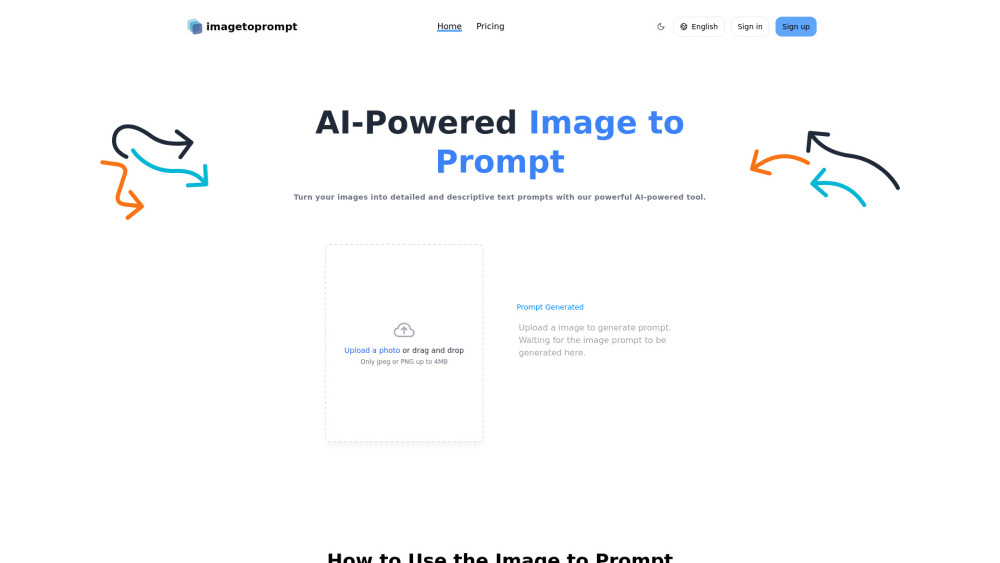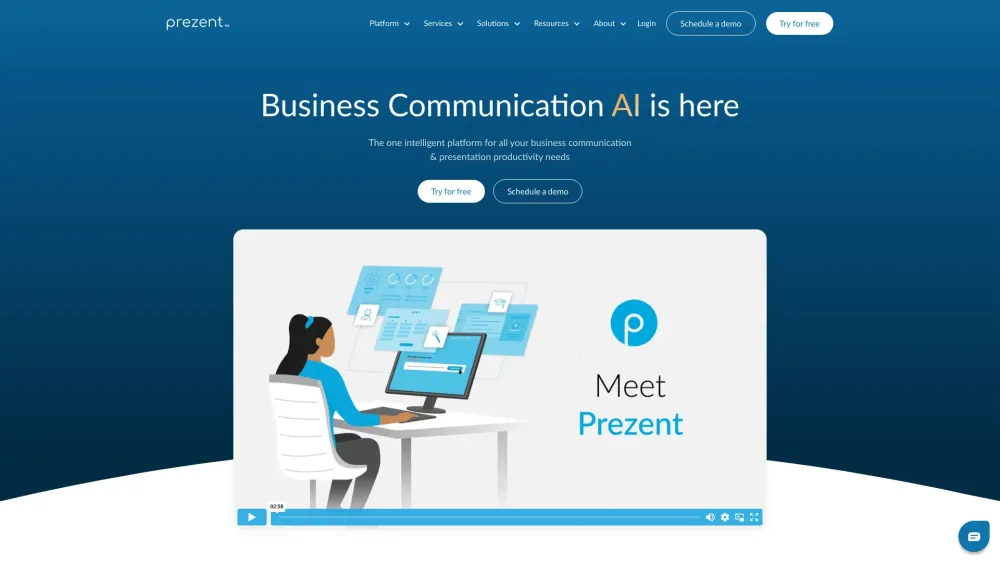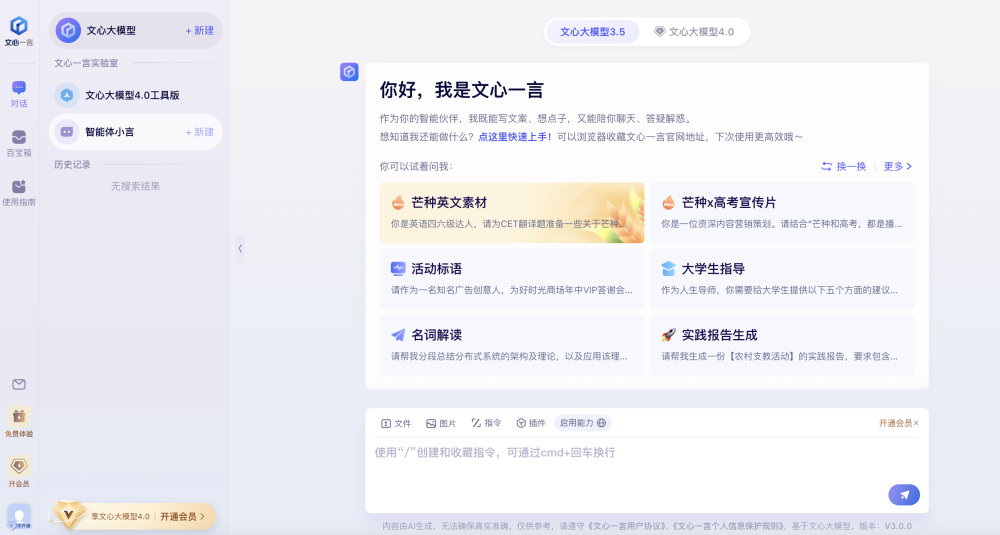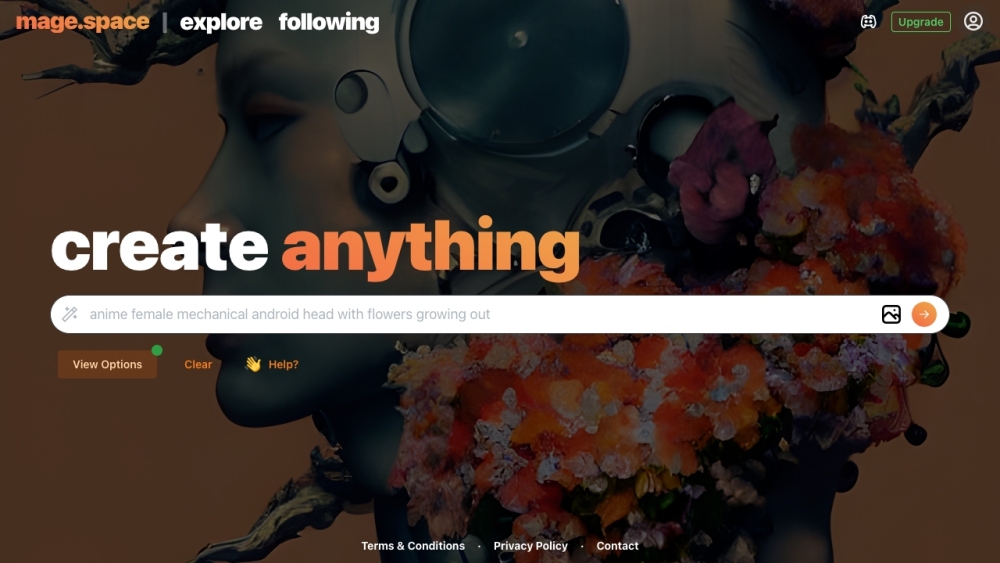Just because generative AI is currently a hot trend doesn’t mean it should be integrated into every aspect of business operations. However, that doesn't appear to be the stance of Workday.
Today, the enterprise management platform unveiled a range of new generative AI features designed to enhance productivity and simplify business processes. Soon, Workday customers will have the ability to automatically compare signed contracts with those stored in Workday to identify discrepancies, create customized knowledge management articles, and generate statements of work for service procurement.
These announcements were made at Workday Rising, the company's annual customer conference taking place this year in San Francisco.
While some of these features seem genuinely beneficial or at least innocuous, one aspect raises concerns: AI-generated employee work plans. Workday's press release states that “Managers will quickly generate summaries of employees’ strengths and areas for growth by leveraging data from performance reviews, employee feedback, contribution goals, skills, employee sentiment, and more.”
However, potential issues arise here.
Research indicates that text-analyzing AI may exhibit biases against individuals whose language differs from the mainstream. For instance, AI trained to detect toxic language sometimes misinterprets phrases in African-American Vernacular English (AAVE) as disproportionately “toxic.” Moreover, a recent study by researchers at Penn State highlighted that social media posts about individuals with disabilities can be inaccurately flagged as negative or toxic by common sentiment detection models. This raises the question: what happens if Workday’s algorithms misinterpret the subtleties of a performance review or employee feedback due to its language, leading to misguided assessments?
Additionally, the “employee sentiment” component could also pose challenges. AI models trained to gauge sentiment can reflect biases based on race, ethnicity, and gender. Research has found, for example, that text-based sentiment analysis often associates Black individuals with negative emotions like anger, fear, and sadness.
In response to these challenges, Workday claims that it maintains transparency regarding its AI model designs, although it has not disclosed the specific data utilized in its training. The company emphasizes that the work plan feature is intended to show managers how data inputs affect an employee's strengths or growth areas. Shane Luke, Workday's head of AI and machine learning, stated via email, “As with other Workday generative AI applications, we encourage users to treat the results as strong first drafts that they can edit, iterate on, and finalize.” Let's hope Workday users heed this advice.
On the other hand, the company’s new generative AI features appear less contentious at first glance. For example, the AI-powered job descriptions in Workday will draw on existing information within the platform, such as required skills and job location details, to simplify the job listing creation process. Initially concerned that Workday might be training its models on HR employees' text without their explicit consent, I learned from Luke that such practices are not in place. “We don’t train on dedicated job description data,” he clarified. “Workday customers retain control over how their data is used for AI and machine learning, including for training purposes. We clearly indicate what data is being used in generation, and users are encouraged to evaluate these outputs as initial drafts.”
In addition, Workday plans to automate the creation of "past due" notices, adjusting the tone based on the degree of lateness or frequency of delays—an efficiency that finance teams can use for bulk communication. Procurement leaders will receive recommendations for relevant clauses to include in contracts, tailored to project types, locations, and deliverables.
The contract analysis feature will alert Workday customers to potential contract errors, suggesting corrections, while the knowledge article generation tool will enable users to draft resources like management talking points and key takeaways from company videos, complete with tone and length suggestions, which users can choose to disregard.
Furthermore, Workday is introducing Developer Copilot, marking its entry into generative coding. This feature integrates text-to-code capabilities into Workday Extent, the platform for building custom applications on Workday. Developer Copilot offers “contextually aware” code suggestions, curated content, and relevant search results, akin to services such as GitHub Copilot and Amazon CodeWhisperer.
Leveraging the popularity of conversational AI models, Workday is also piloting various AI-driven conversational experiences. Luke asserts that these innovations will “enhance users’ ability to engage with information and tasks” in a natural manner, utilizing generative AI functions like summarization, search, and contextual continuity.
“We believe that when applied responsibly, generative AI can lead to significant business benefits,” Luke said. "Our AI strategy focuses on human-machine collaboration, where the user remains the final decision-maker."
Workday anticipates the rollout of these new generative AI features within the next six to twelve months, although a more precise timeline is yet to be announced.





